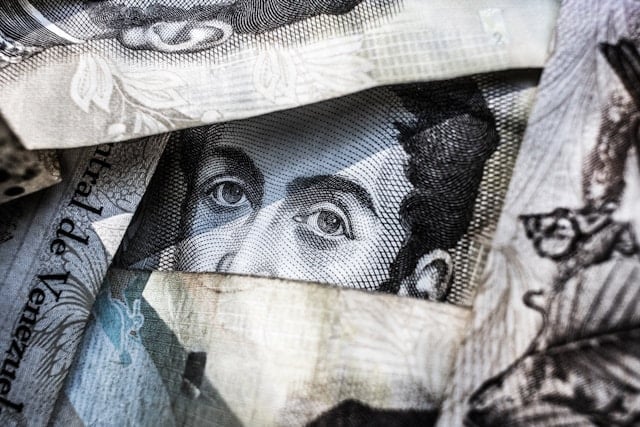One of the many “white-collar crimes” is money laundering, which involves making illicitly obtained money seem legitimate. It is crucial for business owners to understand what money laundering looks like to avoid severe legal consequences.
What is Money Laundering?
Money laundering is a financial crime involving making large amounts of money generated by a criminal activity, such as drug trafficking or corporate fraud, appear to be earned legitimately. It is a critical issue that affects the financial system on a global scale, undermining the integrity of both financial institutions and economies, and it carries severe penalties.
The process typically involves three steps: placement, layering, and integration. During the placement stage, illicit funds are introduced into the financial system. Layering conceals the source of the money through a series of transactions and bookkeeping tricks and, finally, integration occurs when the now “clean” money is integrated into the financial system, where it appears as legal income.
Despite the complexity of money laundering schemes, the essence is to disguise the origins of money obtained from criminal activities so that it seems to be derived from a legitimate source, allowing criminals to enjoy these profits without jeopardizing their source.
What to do if You are Accused of Money Laundering?
Being accused of money laundering is a serious matter. Here are some steps you should consider if you find yourself facing those allegations:
- Understand the Seriousness of the Charges: Recognize that money laundering is a grave offense that can lead to heavy fines and long prison terms. Taking immediate and thoughtful action is crucial.
- Hire a Competent Attorney: It is essential to consult with a criminal defense attorney with experience in money laundering cases. Experienced lawyers can navigate the complexities of those charges and will formulate a defense strategy based on the specifics of your case.
- Gather and Preserve Evidence: Collect all documents related to your financial transactions. This includes bank statements, emails, contracts, and any other communications that might help your defense. Your attorney can help determine what is relevant.
Legal Repercussions
The legal repercussions of money laundering are severe. In the United States, the crime is punishable under several statutes:
- The Bank Secrecy Act (BSA)
- The Money Laundering Control Act of 1986
- The Patriot Act
Penalties can vary significantly depending on the amount of money involved and the nature of the underlying criminal activity. Convictions can result in up to 20 years in prison and fines up to $500,000 or twice the value of the laundered money, whichever is greater. Moreover, money laundering charges often come with related charges, such as fraud or conspiracy, each carrying its own penalties.
What Does Money Laundering Look Like?
Money laundering can manifest in various ways, depending on the complexity of the scheme and the industries involved. Here are a few examples:
- Real Estate Laundering: Criminals buy properties with illicit funds and then sell these properties in legitimate markets. This method mixes dirty money with clean assets, making it very difficult to trace back to its original source.
- Business Laundering: Involves setting up front companies or businesses that appear to be legitimate but are actually used to launder money. These businesses might be involved in cash-intensive activities where it is easy to falsify invoices and other financial documents to justify the criminal money being added to the business’s revenues.
- Banking Laundering: Utilizing complex networks of international accounts and transactions to obscure the origins of money. This often involves offshore banking in jurisdictions with strict secrecy laws.
- Casino Laundering: Using casinos to launder money by buying chips with illicit money, gambling only minimally, then cashing out with a supposed legitimate win.
- Art and Luxury Goods: Purchasing expensive items with dirty money and then reselling them in legal markets. The transaction typically appears normal and makes tracing the origins of funds complicated.
Conclusion
Money laundering is not just a plot in crime dramas but a serious global issue that impacts economic stability and national security. Understanding what constitutes money laundering, recognizing the steps to take if accused, being aware of the legal consequences, and identifying examples of how it is carried out, are essential for both individuals and businesses in today’s economy. Staying informed and vigilant is key, especially for those handling significant financial transactions that could be vulnerable to misuse.
If you have been accused of money laundering, speak with a member of our team for next steps.







